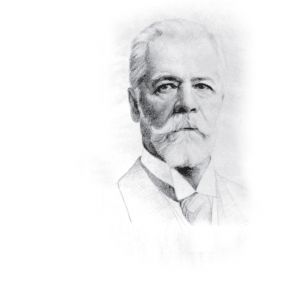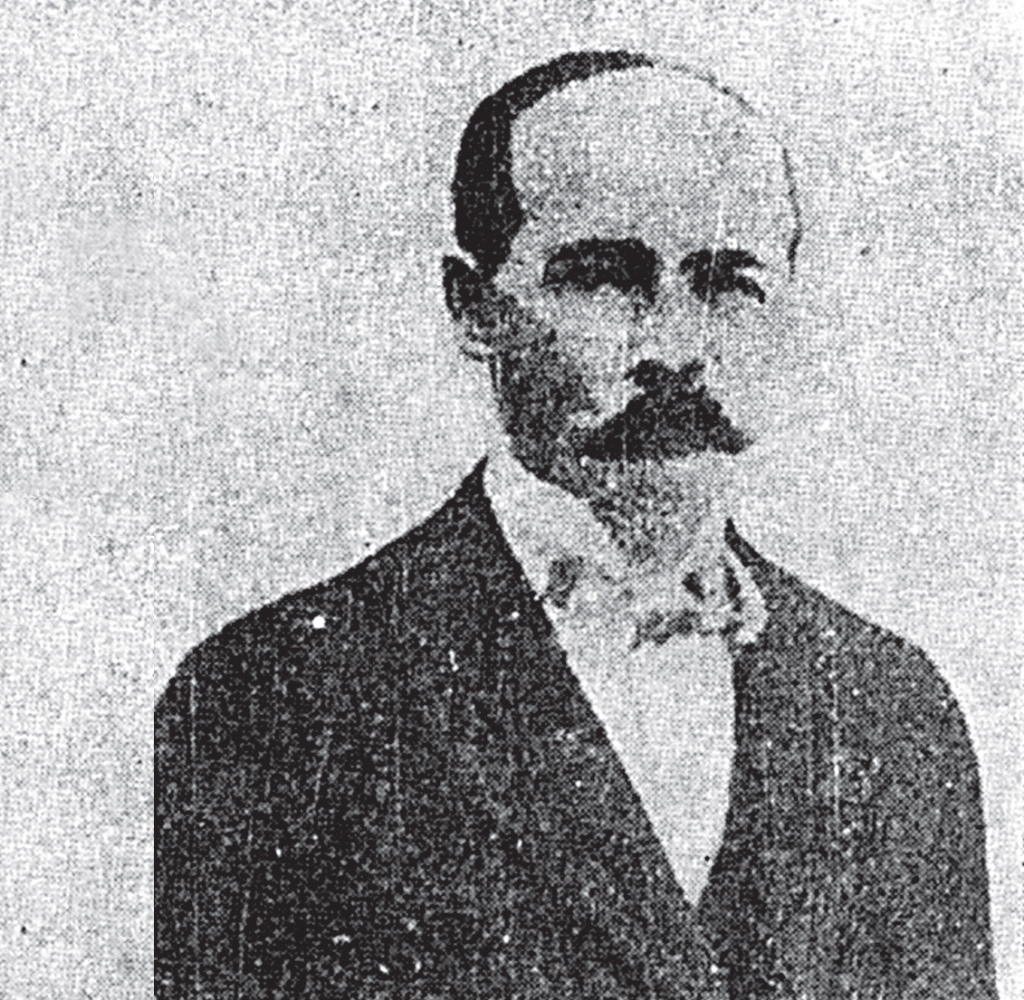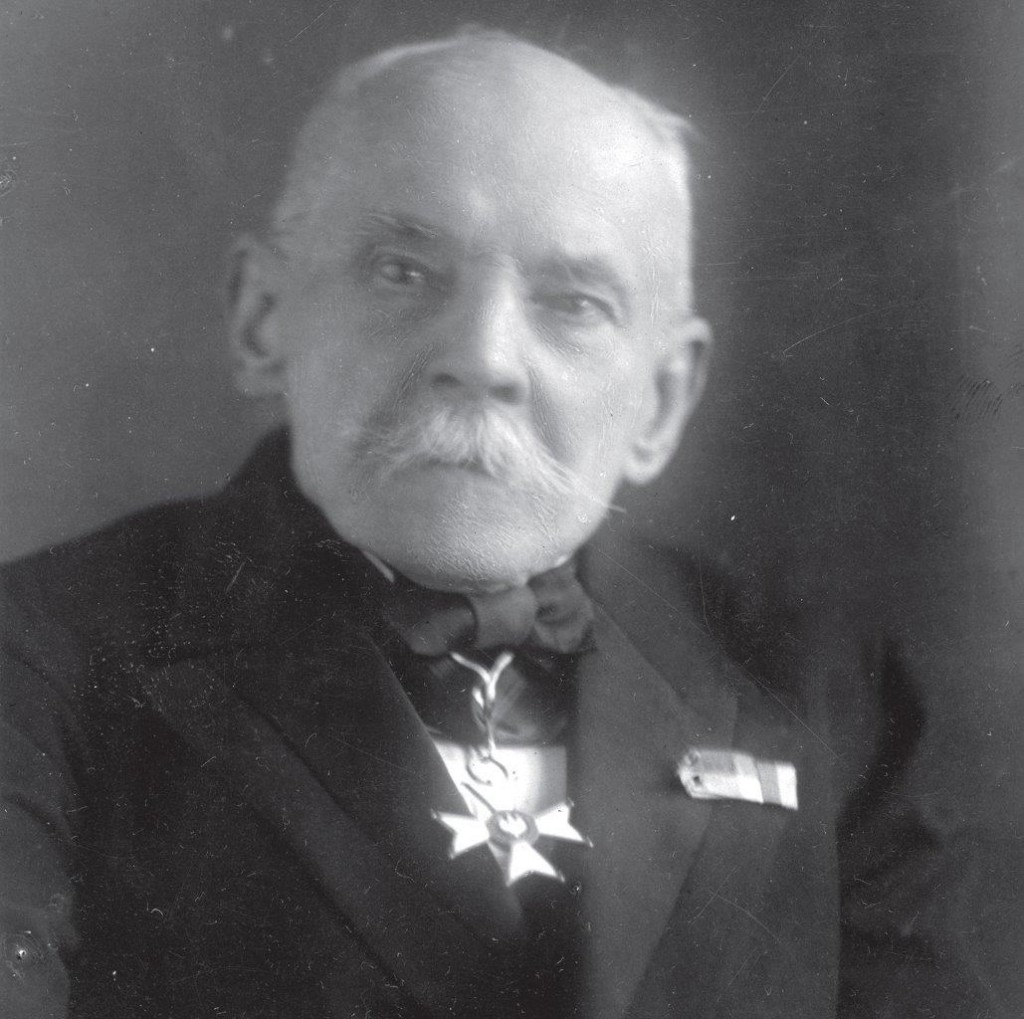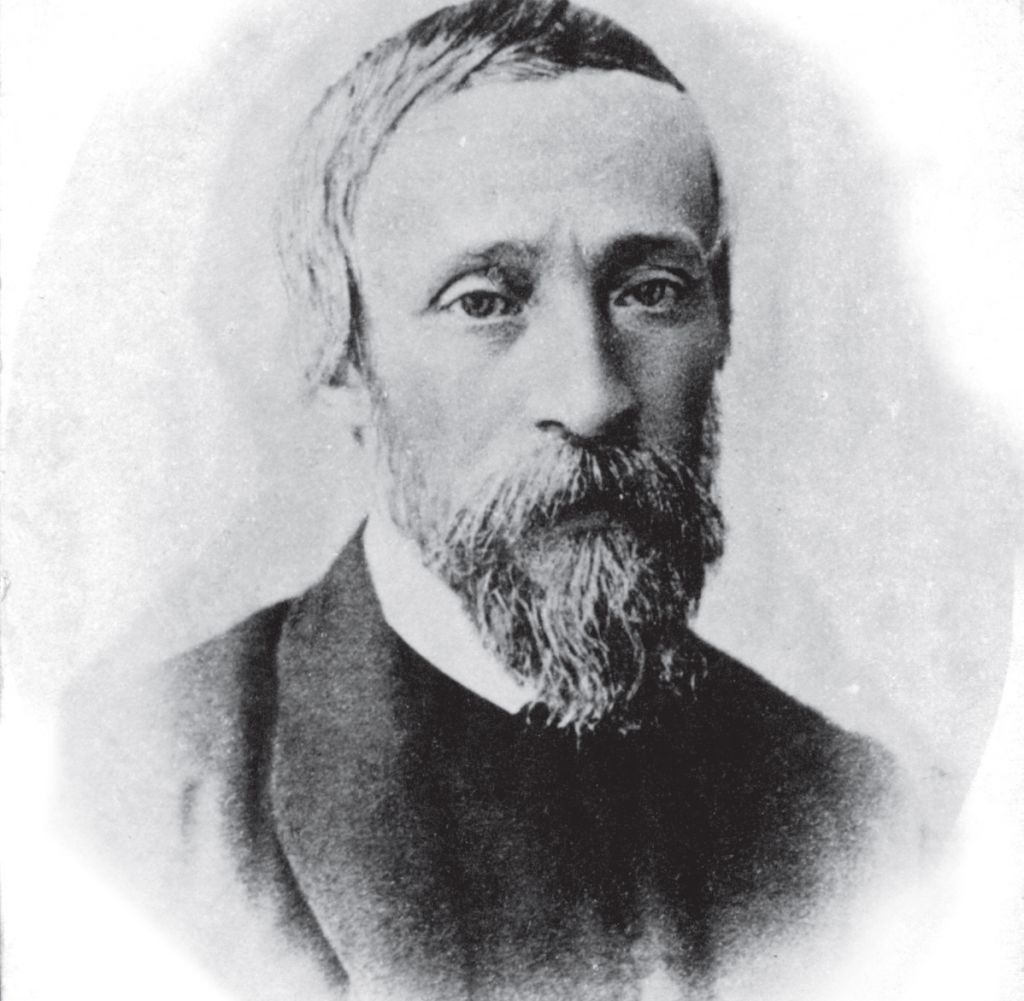Stanisław Jabłonowski was born in Annopol in Volhynia and died in Lviv. His name was established in the history books of the global oil industry due to the event in January of 1852, when he founded first oil mine in the Empty Forest in Siary, near Gorlice. In 1853, his company was noticed by Antoni Schwarz, a councillor of the Kraków Chamber of Commerce, who was touring six districts of West Galicia. This is what he wrote about Jabłonowski’s property: “As production evolves, there is potential industrial value in the natural resource and oil recently discovered at the Kobylanka property of Prince Jabłonowski for production of a mixture known as asphalt. Jabłonowski obtains a previously purified black liquid from the oil. The liquid burns with a clean and beautiful flame and burns out completely. With progress in production, this liquid could completely replace the purified oil currently used in lamps.”
From an early age, Zenon Suszycki was interested in technology, which led him to the Faculty of Mathematics and Physics of Moscow University. He fought in the January Uprising and had to leave abroad after it was suppressed. As an emigrant in Paris, he studied at the École des mines – a mining academy – where he obtained the title of mining engineer in 1870. He returned to settle in Galicia and got involved in the development of a new industrial field, the oil industry. He got a job as manager of the oil mine in Ropianka near Dukla, where he opened Poland’s first vocational drilling school. The candidates had to meet considerable requirements – besides writing, reading, and sketching, they had to document a minimum of two years of experience working in a mine. Over the three-month-long course, the students learned the most important aspects of the machines, as well as their structure and operation. The school also promoted the new hammer drilling method.
He graduated from Higher Realschule in Kielce and from the Polish Military School in Genoa and Cuneo. He also studied economics at universities in Heidelberg, Leipzig, and Vienna. He was a member of the Polish National Government during the January Uprising. In 1868, he settled in Gorlice and took the job of head of the peasant bank. He founded Galicia’s first credit union and was elected president of the Union of Gainful and Economic Associations in Lviv. Biechoński ran the company together with Eufrozyna Dobrowolska. They managed 28 wells and employed 51 people. He wrote the book about the industry entitled: A Quick View of the Galician Oil Mining Industry.
Ignacy Łukasiewicz was born in Zaduszniki and died in Chorkówka. He is considered as the father of Polish oil industry. In 1848, he started working at Piotr Mikolasch’s pharmacy in Lviv. Łukasiewicz and Zeh used the pharmacy’s laboratory to distil oil and subsequently used the distilled oil in lamps. With assistance from the sheet-metal worker Adam Bratkowski, they developed an oil lamp.The Mikolasch–Zeh–Łukasiewicz partnership (800 Austro-Hungarian guldens contributed by each partner) found a client who purchased 500 kg of oil with oil lamps – a Lviv hospital, which performed the first night operation with light from oil lamps on 31st July 1853. He became a politician and had more influence over the development of the Galician oil industry. He was active in worker protection laws and the construction of new roads and bridges. He also set up welfare funds (illness and accident funds for workers), communal funds (interest-free loans), bathhouses, and childcare centres.





